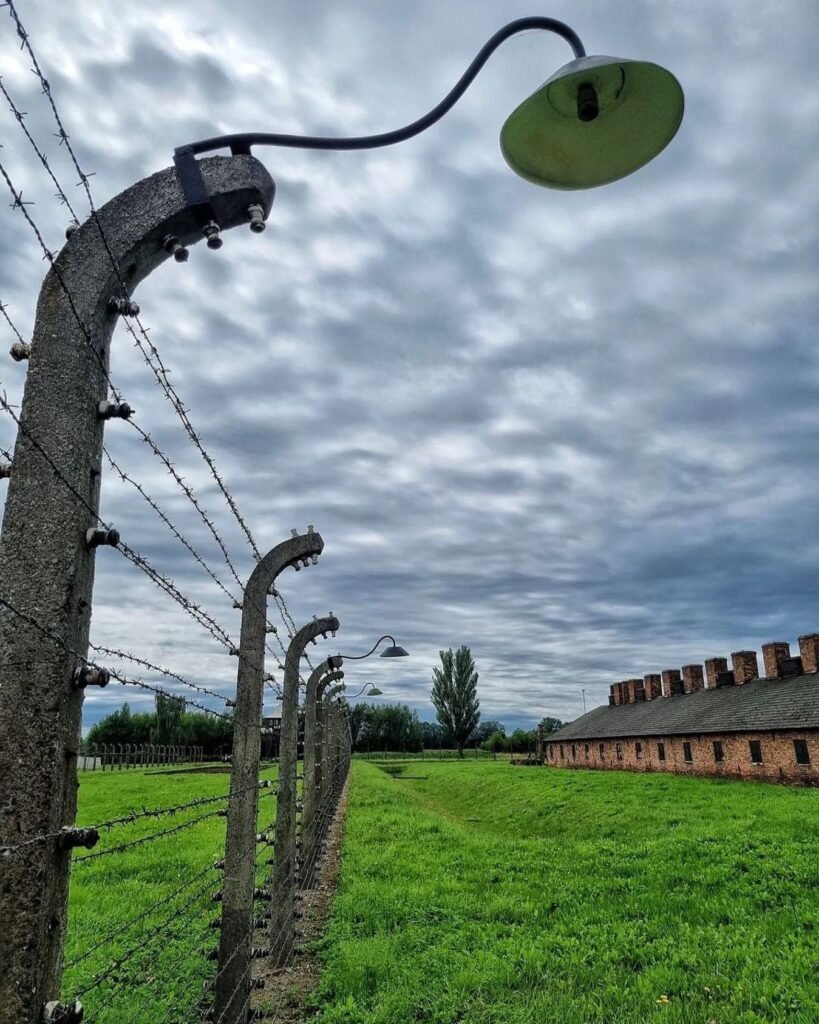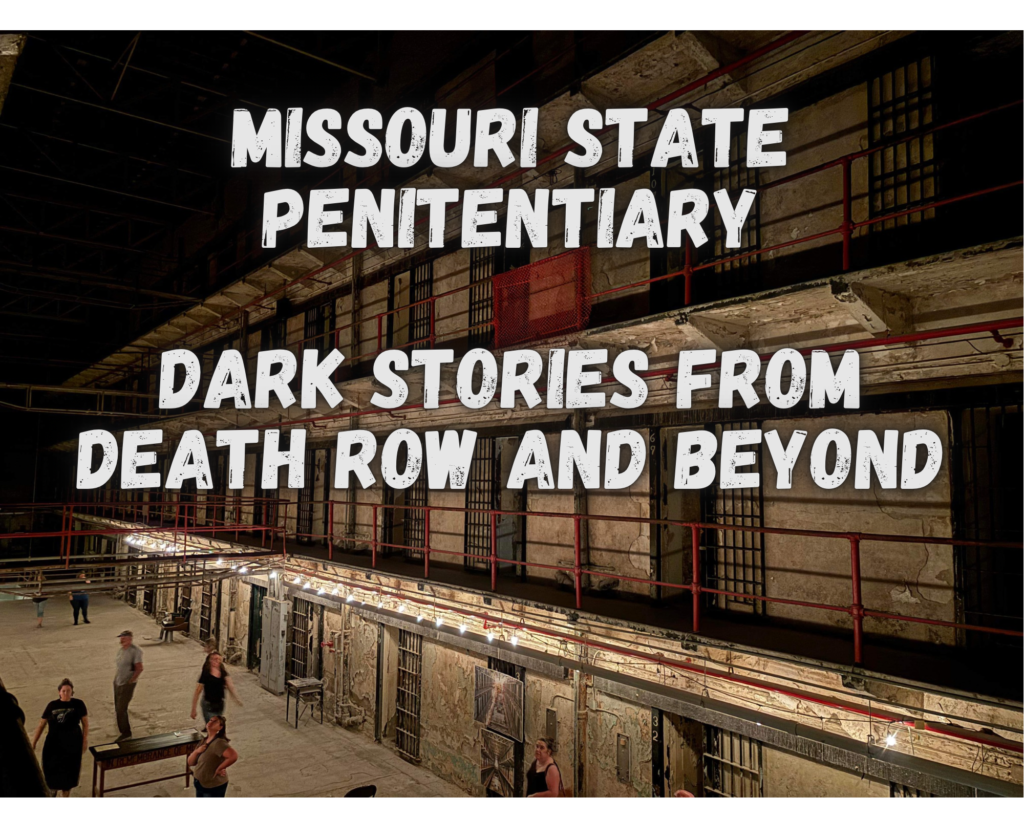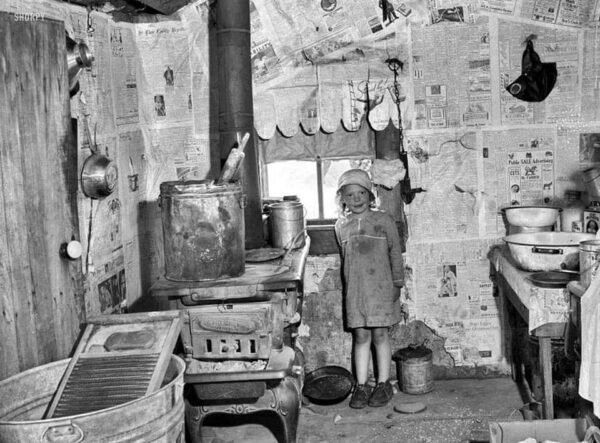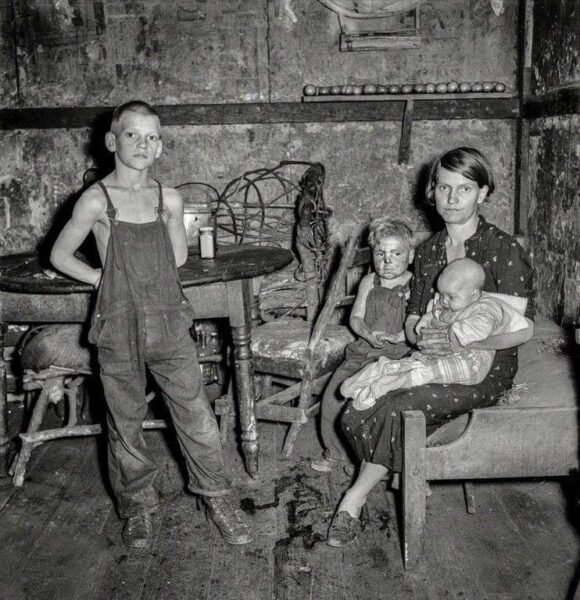The Dark Reality of Auschwitz II-Birkenau
Auschwitz II-Birkenau remains one of the most infamous concentration and extermination camps operated by Nazi Germany during World War II. While the overall horrors of Auschwitz are well-documented, specific sectors like BIb and the daily struggles for basic necessities like food offer a more intimate look into the unimaginable conditions that prisoners faced.

Sector BIb: The Oldest Part of the Camp
The Historical Significance
Sector BIb is one of the oldest parts of Auschwitz II-Birkenau. Its age is a testament to the long-standing operation of this horrific facility, where countless lives were lost.
Barbed Wire Fences: The Inescapable Boundaries
The sector was enclosed by barbed wire fences, a grim reminder of the inescapable reality that prisoners faced. These fences were not just physical barriers but psychological ones, instilling a sense of hopelessness and confinement.
The Kitchen: A Place of False Hope
The Illusion of Sustenance
The presence of a kitchen in Sector BIb might initially seem like a small mercy, but the reality was far from it. The food provided was barely edible and served more as a tool for further dehumanization.
The Red Bowls: A Symbol of Scarcity
Survivor Halina Birenbaum recounts the red, half-litre tin pots used to serve what was mockingly called “Kaffee.” In reality, it was a weak chamomile or weed brew. The hot liquid became a precious commodity, not just for its warmth but also for basic hygiene.

The Struggle for Soup: A Tale of Cruelty and Survival
The Turnip Soup: A Watery Affliction
Evenings brought a little soup made from dreadful turnips or kohlrabi that was more like wood than food. The soup was watery and lacked any nutritional value, making it a cruel joke rather than a meal.
The Room Overseer: An Added Layer of Suffering
The woman responsible for ladling out the soup took sadistic pleasure in her role. She would intentionally serve the watery part of the soup, withholding the more substantial bits at the bottom of the pot. These she would later sell in exchange for bread and other items, adding another layer of suffering to the prisoners’ existence.
The Unimaginable Struggles of Everyday Life
The story of Sector BIb and its kitchen provides a harrowing glimpse into the daily struggles for sustenance in Auschwitz II-Birkenau. It serves as a reminder of the inhuman conditions that prisoners endured, where even the most basic necessities like food were used as tools for degradation and cruelty. The account of Halina Birenbaum and others like her should never be forgotten, as they offer invaluable insights into the depths of human suffering and the resilience of the human spirit.
As an Amazon Associate we earn from qualifying purchases through some links in our articles.




